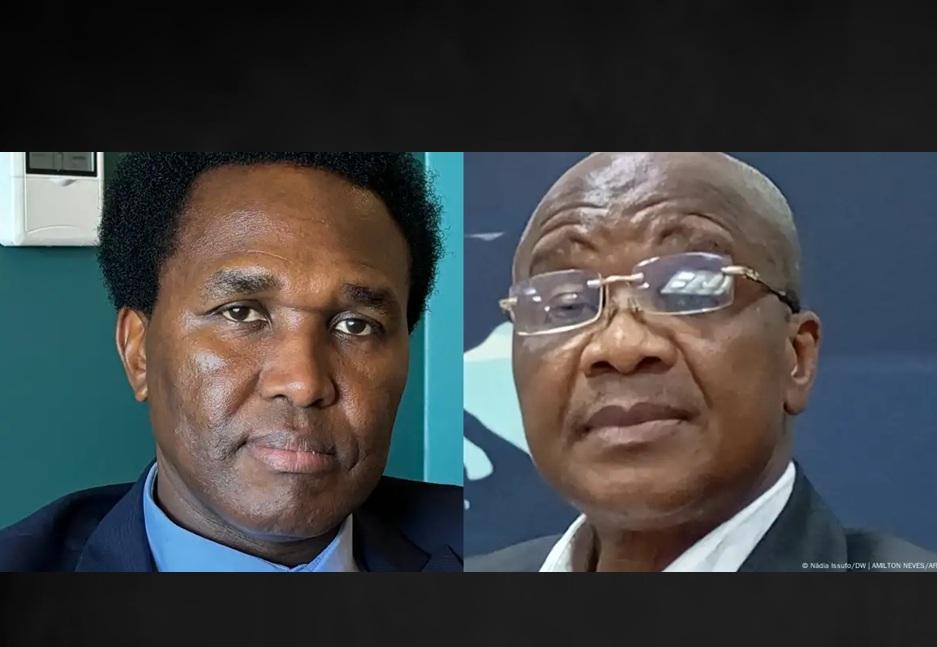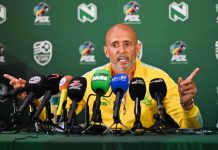Africa-Press – Mozambique. Dinis Tivane, in a statement entitled “Not everything in life is about money and positions”, accuses the party led by Albino Forquilha of “betrayal” and of “acting against the will of the people” by accepting to take office in the Assembly of the Republic.
“It is urgent to clarify that our political struggle is fundamentally for the salvation of Mozambique, and that it is not about the obsessive pursuit of material goods or any financial advantage based on the martyrdom of the people,” the document reads.
In an interview with DW, Mozambican analyst José Malaire maintains that, “without Mondlane, no one would have heard of Podemos”. With the split, the party “loses popular legitimacy”, he adds.
DW Africa: What impact will this split between PODEMOS and Venâncio Mondlane have?
José Malaire (JM): From now on, in the first phase, we will see more ‘theatrics’. Venâncio Mondlane will become more isolated, Podemos will want to exploit its power as the second largest party in the Assembly of the Republic and, obviously, the ones who have the most to lose are all of us, the Mozambicans. Podemos will most likely not represent the Mozambican people, because the Mozambican people went to the party through Mondlane. Thus, Podemos will lose popular legitimacy because this popularity or popular legitimacy was always tied to Venâncio Mondlane. In other words, we will have a Podemos adrift, most likely doing little and degenerating amidst the Assembly of the Republic.
DW Africa: And in relation to Venâncio Mondlane, what will be his political future?
JM: I have always argued that Mondlane must create his own political party. And if he had created his own political party in 2023, after being sabotaged by Renamo, today he would have a party with strong representation in the Assembly of the Republic. Mondlane himself would be the leader of the opposition in Mozambique today and, more than that, he would most likely be in a better position to discuss the issue of the legality or illegality of the elections of October 9.
DW Africa: In your opinion, what was the main point of disagreement between Mondlane and the PODEMOS party?
JM: The point of divergence has to do with what PODEMOS supports. The party is supported by unknown young people, many of those elected to the Assembly of the Republic are unknown. And, whether we like it or not, many people want some social mobility. Many of these elected officials – unknown people who were on Podemos’ lists and who have now become highly placed individuals – also want to gain power. After all, that’s what politics is all about, winning and maintaining power.
DW Africa: What you are trying to say is that PODEMOS took advantage of Venâncio Mondlane’s image and popularity to come to power?
JM: That is true and, at the same time, it is a shame for Venâncio Mondlane. The point is that without Mondlane, no one would remember or hear about Podemos. Mondlane knows that he was the one who gave visibility to Albino Forquilha, to his party, and gave power to all those MPs who are now in the Podemos parliamentary group. In fact, from now on, this is the challenge: if Podemos doesn’t do something as a party, without Mondlane, we will have the situation of a team that becomes a champion of “nothingness”, and then vanishes from the championship.
For More News And Analysis About Mozambique Follow Africa-Press






